Bishwa Ijtema, the world’s second-largest Muslim congregation after Hajj, started on the banks of the River Turag in Tongi, Bangladesh. Organized by Tablighi Jamaat, this annual event is a major spiritual gathering for Muslims globally and resumed after a two-year break due to the Covid-19 pandemic.
Spiritual Commencement: A’mbayan by Maulana Ziaul Haque
The inauguration witnessed the a’mbayan (general sermons) led by esteemed Pakistani Islamic scholar Maulana Ziaul Haque after Fajr prayers. Thousands of devoted attendees, both local and international, flocked to the Turag riverbank to absorb the wisdom of scholars reciting and explaining verses from the Quran. The event serves as a platform for believers to renew their commitment to Islamic values.
International Participation: A Global Affirmation
Devotees from various countries, including India, Pakistan, Saudi Arabia, the UAE, Syria, Chad, Tajikistan, Turkey, Afghanistan, Palestine, the UK, and the US, gathered to participate in this unique congregation. This global representation emphasizes unity, solidarity, and mutual respect among Muslims.
Security Measures and Health Camps
Extra police officers stationed around the Ijtema venue ensure the safety of the devotees, while closed-circuit television (CCTV) continually monitors the area. Additionally, the government established health camps to offer medical aid, showcasing its continuous dedication to the attendees’ well-being.
Jumah Prayers and Akheri Munajat
The afternoon of the first day featured the country’s largest Jumah prayers, led by Maulana Hafez Zobair Ahmad. The first phase of Ijtema is set to conclude on Sunday with the Akheri Munajat (final prayers), providing a solemn moment for devotees to seek blessings and guidance.
Historical Significance: Tabligh Jamaat’s Legacy
Tabligh Jamaat has been organizing this congregation since 1967, demonstrating its historical and cultural significance. In 2011, the event was divided into two phases to accommodate the growing number of attendees, with the second phase scheduled for January 20-22 of this year.
Bishwa Ijtema: A Global Showcase of Muslim Unity
Tabligh Jamaat has been organizing this congregation since 1967, showcasing its historical and cultural significance. In 2011, the event was divided into two phases to accommodate the increasing number of attendees, with the second phase scheduled for January 20-22 this year.
Non-Political and Inclusive
Unlike political gatherings, the Ijtema attracts people from all political backgrounds, emphasizing its non-political nature. Believers from 150 different countries come together, showcasing the event’s inclusivity. The majority of attendees hail from Bangladesh, which is the third-largest Muslim-majority nation globally.
History of Bishwa Ijtema: A Journey of Faith and Unity
The roots of the Ijtema trace back to the 1950s, with the Tablighi Jamaat movement beginning in Dhaka, East Bengal. The government’s approval in 1967 to organize the event along the River Turag marked a significant milestone, leading to the allocation of 160 acres for the congregation.
Read Also: Top 10 Historical Mosques in Bangladesh
Organizational Details and Assistance from the Government
Hosted by the Bangladeshi branch of Tablighi Jamaat, the event covers a five-square-kilometer area in Tongi. The collaboration with the Bangladeshi government ensures the smooth functioning of the event, with state-owned entities providing transportation and the Bangladesh Armed Forces assisting in infrastructure.
Number of Devotees and Global Representation
Over the years, the event has witnessed a substantial increase in attendees, reaching 5 million in 2010. The number of foreign worshippers, estimated between 20,000 and 50,000, highlights the international appeal of Bishwa Ijtema.
Challenges Faced: Overcrowding and Weather Concerns
Since 2010, the Ijtema has been split into two phases to tackle overcrowding, enabling devotees from various districts to join. Weather concerns, highlighted in 2008, prompted a reduction to a single-day event, leading to three casualties.
Conclusion: A Global Showcase of Faith and Unity
Bishwa Ijtema, also known as Vishwa Ijtema, symbolizes Muslim unity, faith, and commitment to Islamic ideals. This event, second only to the Hajj pilgrimage, draws millions worldwide, demonstrating global Muslim solidarity. The first phase concludes with the Akheri Munajat, and believers await the second phase eagerly, highlighting the enduring importance of this annual congregation.


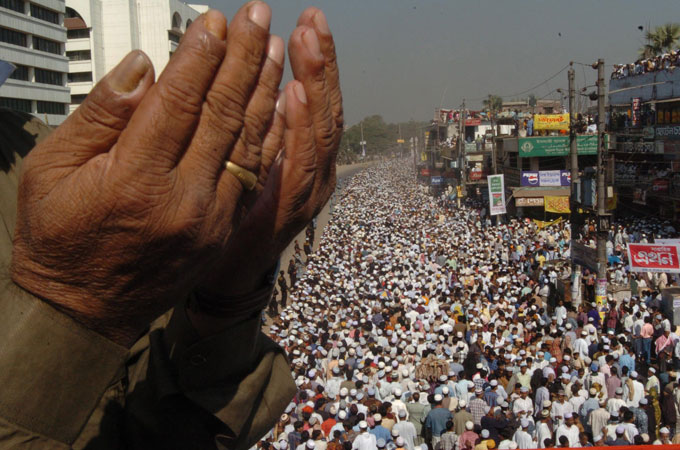
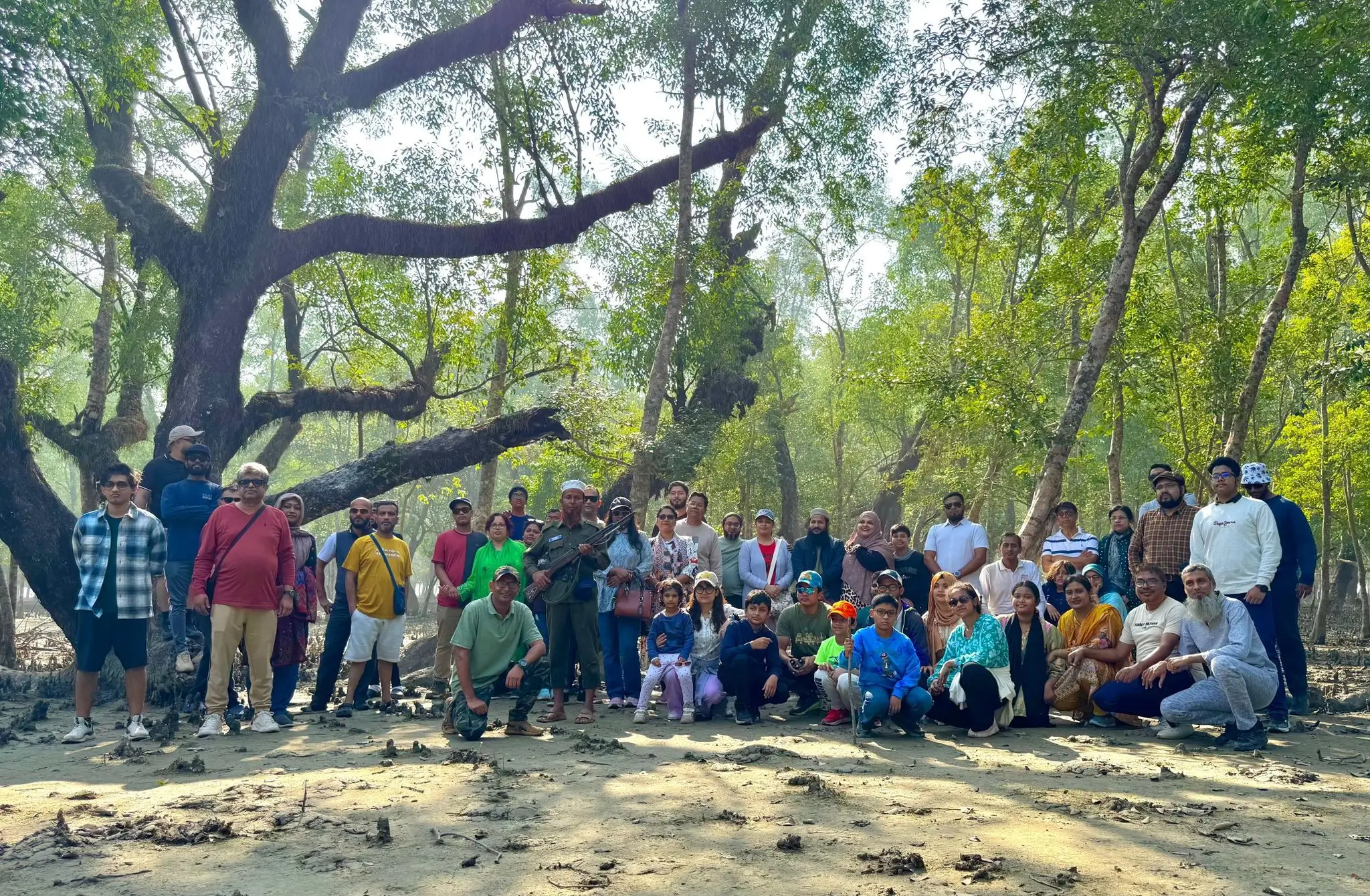
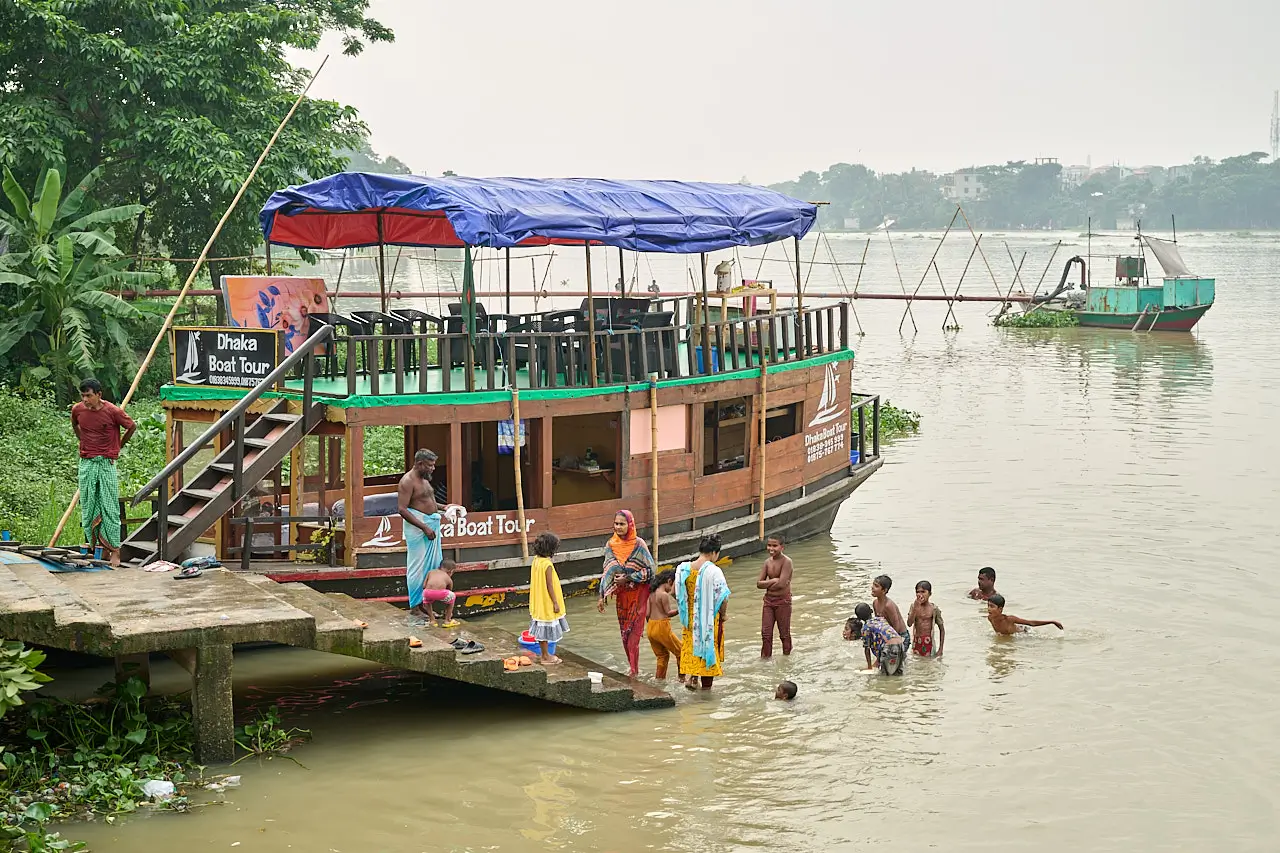
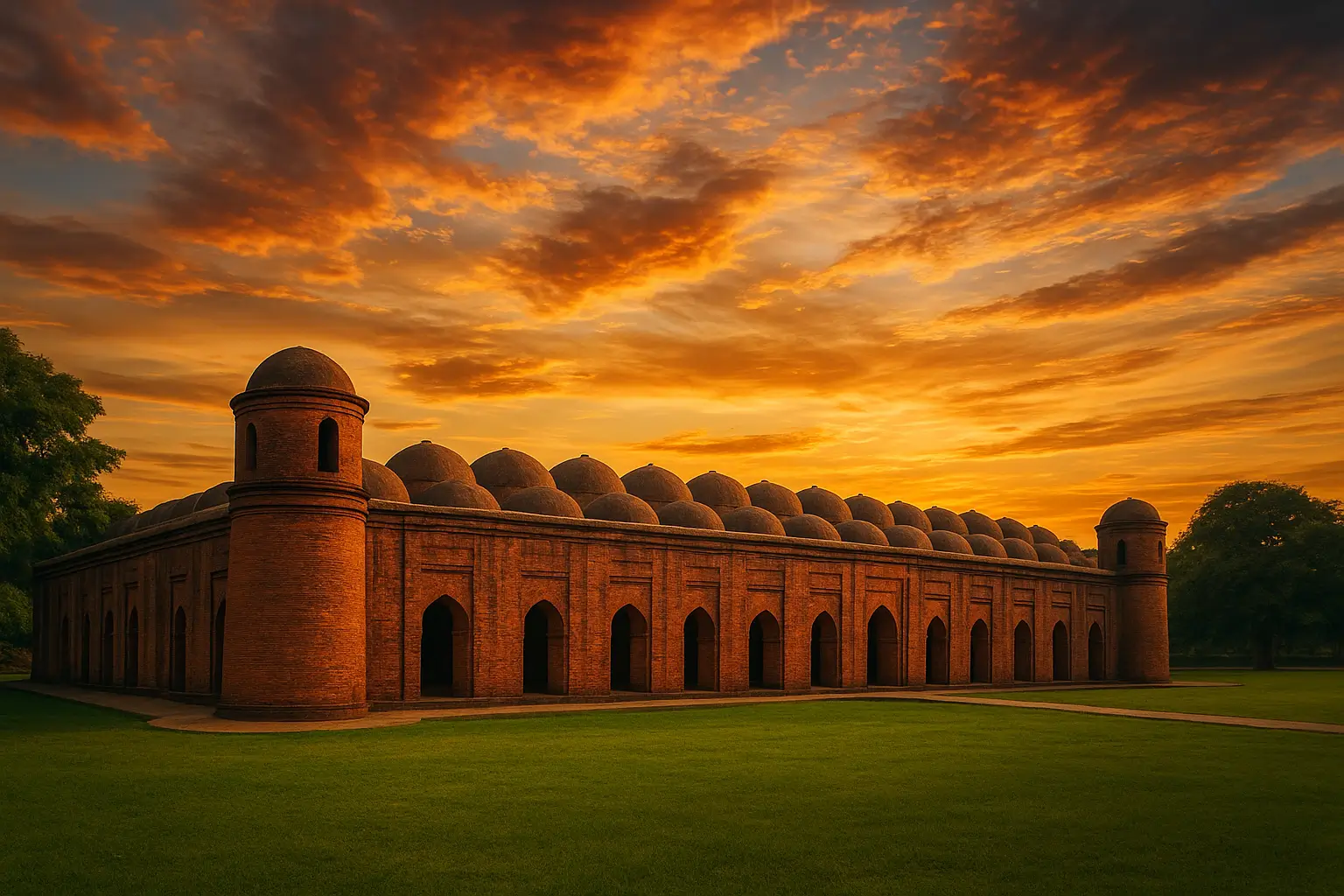
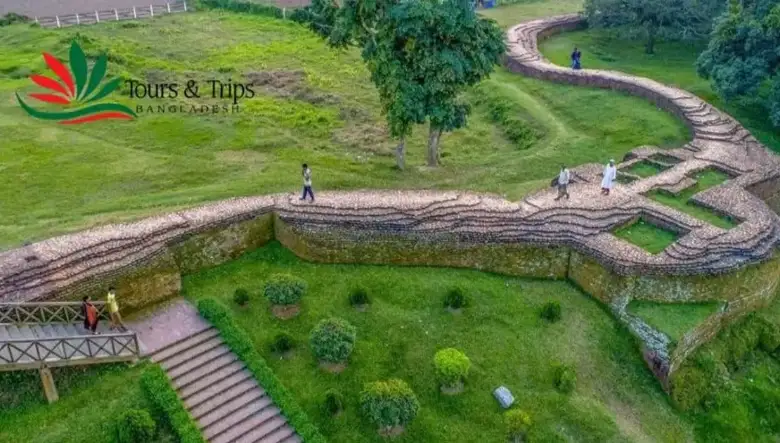




Comments